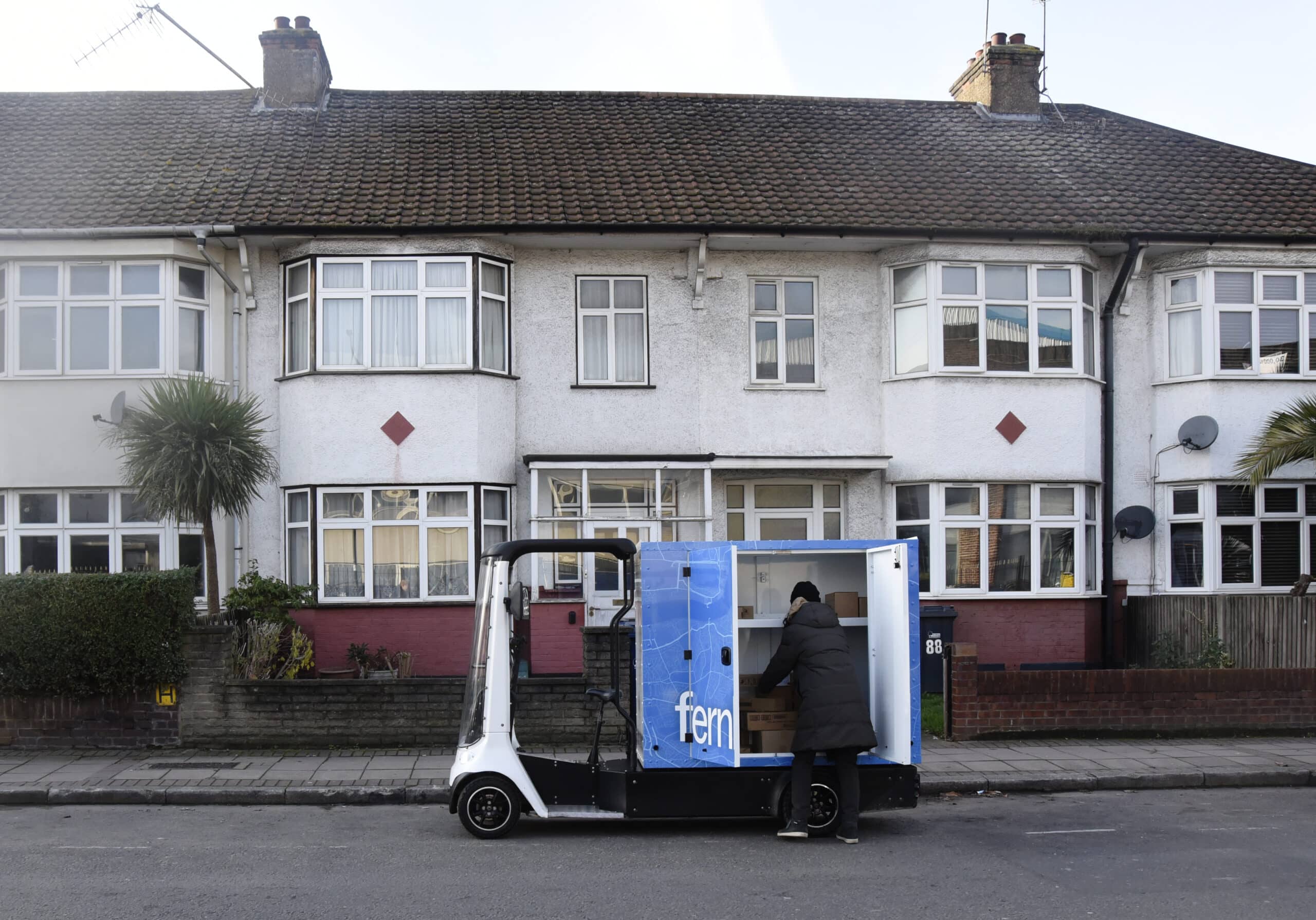Urban pollution has reached crisis levels in many cities around the world. The harmful effects of air pollution on health, the environment, and the economy are well-documented. As cities grapple with these challenges, innovative solutions are needed to reduce pollution and improve quality of life. Fernhay’s eCargo bikes, specifically the eQuad, present a viable and sustainable alternative to traditional delivery vehicles. This article explores the urban pollution crisis and how Fernhay’s eCargo bikes offer a practical solution.
The Urban Pollution Crisis
Air pollution in urban areas is a significant public health concern. According to the World Health Organization (WHO), air pollution is responsible for millions of premature deaths annually. The primary sources of urban air pollution include transportation, industrial activities, and residential heating.
Health Impacts
Exposure to high levels of air pollution is linked to respiratory diseases, cardiovascular problems, and other serious health conditions. Vulnerable populations, such as children, the elderly, and those with pre-existing health conditions, are particularly at risk. Reducing air pollution can lead to significant health benefits, including lower rates of asthma, lung cancer, and heart disease.
Environmental Impacts
Air pollution also has severe environmental consequences. It contributes to climate change, acid rain, and the degradation of ecosystems. Pollutants like nitrogen oxides (NOx) and particulate matter (PM) can damage vegetation, reduce biodiversity, and harm wildlife.
Economic Costs
The economic costs of urban pollution are substantial. Healthcare expenses related to pollution-induced illnesses, lost productivity due to sick days, and the impacts on tourism and property values add up to billions of pounds each year. Cities and businesses are increasingly recognizing the need for sustainable solutions to mitigate these costs.
Fernhay’s eCargo Bikes: A Sustainable Solution
Fernhay’s eCargo bikes, particularly the eQuad, offer a promising solution to the urban pollution crisis. These electric cargo bikes are designed to replace traditional delivery vans, providing a cleaner, more efficient means of transportation.
Zero Emissions
The eQuad is an electric vehicle (EV) that produces zero emissions. Unlike diesel and petrol delivery vans, the eQuad does not release harmful pollutants into the air. This makes it an ideal choice for urban deliveries, where reducing emissions can have a significant impact on air quality.
Reduced Traffic Congestion
Traditional delivery vans contribute to traffic congestion, which in turn increases air pollution. The eQuad’s compact design allows it to navigate through congested urban streets more efficiently. This not only reduces traffic but also lowers the time spent idling, further decreasing emissions.
eQuad Cost-Effective Operations
Operating an eQuad is more cost-effective than running a traditional delivery van. The costs associated with fuel, maintenance, and congestion charges are significantly lower for electric cargo bikes.
Fuel Savings
Electric vehicles, including the eQuad, are much cheaper to operate than internal combustion engine vehicles. Charging an eQuad costs a fraction of what it takes to fill up a diesel or petrol tank. Over time, these savings can add up, making eCargo bikes a financially prudent choice for businesses.
Maintenance Savings
The eQuad has fewer moving parts than traditional vehicles, resulting in lower maintenance costs. There is no need for oil changes, exhaust system repairs, or engine maintenance, which are common expenses for diesel and petrol vehicles.
Congestion Charge Exemption
In many cities, electric vehicles are exempt from congestion charges and low-emission zone fees. This can result in substantial savings for businesses that operate in urban areas with strict emissions regulations.
Enhanced Delivery Efficiency
The eQuad is designed to enhance delivery efficiency. Its compact size allows it to access areas that are difficult for larger vehicles to reach. This includes narrow streets, pedestrian zones, and restricted access areas.
Flexible and Adaptable
The eQuad’s modular cargo space can be adapted to carry various types of goods, from parcels to groceries. This flexibility makes it suitable for a wide range of delivery needs, allowing businesses to optimize their logistics operations.
Improved Delivery Speed
By bypassing traffic and accessing restricted areas, the eQuad can complete deliveries more quickly than traditional vans. This improves customer satisfaction and enables businesses to meet the growing demand for rapid delivery services.
Supporting Urban Sustainability Goals
Many cities have set ambitious sustainability goals to reduce air pollution and carbon emissions. Fernhay’s eCargo bikes support these goals by providing a clean and efficient alternative to traditional delivery methods.
Aligning with Policy Objectives
Governments are increasingly implementing policies to promote the use of low-emission vehicles. By adopting the eQuad, businesses can align with these policies and contribute to broader efforts to combat urban pollution.
Public Health Benefits
Reducing urban air pollution has significant public health benefits. By using zero-emission eCargo bikes, businesses can play a role in improving air quality and enhancing the health and wellbeing of urban populations.
Conclusion
The urban pollution crisis requires urgent and innovative solutions. Fernhay’s eCargo bikes, particularly the eQuad, offer a sustainable, cost-effective, and efficient alternative to traditional delivery vehicles. By reducing emissions, cutting operational costs, and enhancing delivery efficiency, the eQuad is a crucial tool in the fight against urban pollution. As cities continue to pursue sustainability goals, the adoption of electric cargo bikes like the eQuad will be essential in creating cleaner, healthier urban environments.

